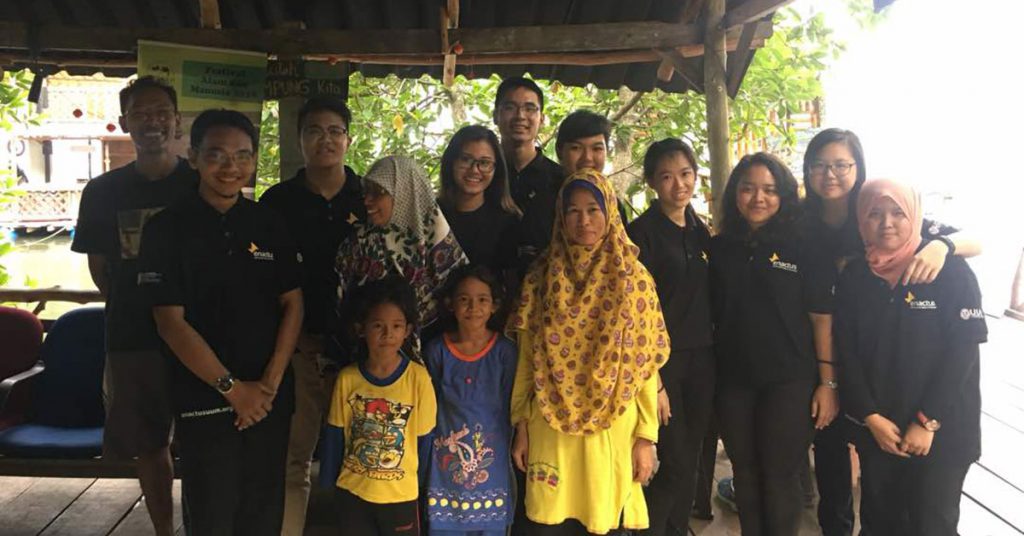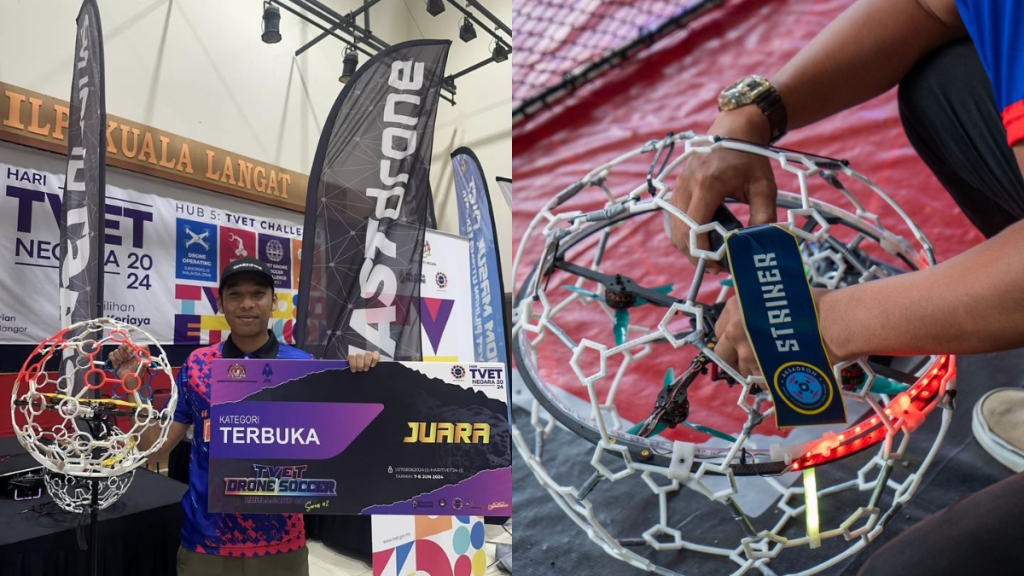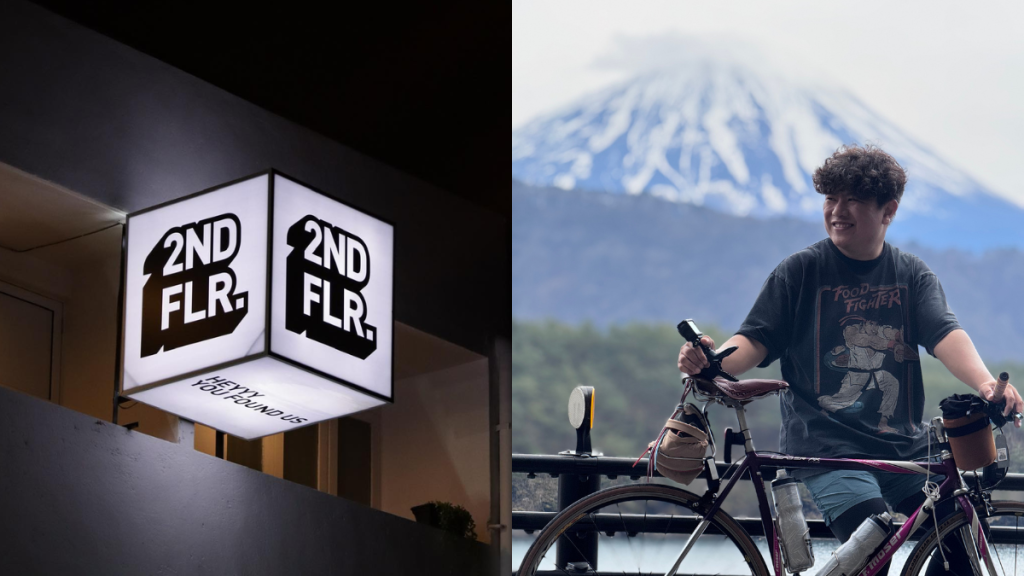- Co&Coal is a project by students of Universiti Utara Malaysia (UUM) that engages with Northern Malaysian rural communities in an effort to improve their livelihoods through the creation of coconut coal.
- Co&Coal teaches these communities how to transform coconut shell waste into usable coal, and also helps them market their products to other businesses such as F&B outlets.
Amid Malaysia’s rapid socioeconomic development within its urban locales, it can be quite easy to forget about the rural folk that make up about 24 percent of Malaysia’s entire population (accurate as of 2016).
The numerous hardships they face—low income, lack of education, and insubstantial basic infrastructure (clean water, proper road systems)—are all very real problems that contribute to a quality of life can safely be described as unenviable.
Hoping to help ease the burden felt by these communities (particularly in Northern Malaysia), a student project called Co&Coal from Universiti Utara Malaysia (UUM) in Kedah currently engages with these communities and teaches them how to transform coconut shell waste into coconut coal—a sustainable and easily made energy source. Subsequently, Co&Coal also then teaches them how to sell their products to customers.
And according to this essentially equips these rural folk with a means to earn an income and educate them on creating a sustainable energy source.
The project was founded in 2013 by Amanda Lau and is one of the many initiatives under Enactus UUM, one of the active Enactus teams currently in Malaysia (Enactus itself is a global non-profit organisation that activates student groups to undertake entrepreneurial ventures with social upsides).
Currently, the project is helmed by 22-year-old Chuang Hui Chang, a Tourism Management Degree student at UUM and Project Manager of Co&Coal from 2017/2018.
“Although the project is operated and run by university students, it’s completely voluntary,” said Hui Chang who runs the project along with 25 other volunteers.
Simple Steps To Sustainability
After running a series of extended tests and R&D exercises, the Co&Coal team have formulated a standard procedure for turning coconut shells into usable coal briquettes. Without going into too much detail, the process involves heating the coconut shells, milling them into coal dust, moulding the dust into briquettes, and then finally drying and solidifying the briquettes under sunlight.
“The whole process is simple and friendly for villagers to execute,” said Hui Chang of their methodology, one which uses simple machinery for heating and milling the coconut shells. “We developed it in a manner that makes if affordable for the underprivileged to join in.”
And as for buyers and users of the end product, the coconut coal is currently sold to a variety of businesses, with many of those being F&B operators such as satay and steamboat restaurants who have regular use for coal.
“We also get our target audience (the beneficiaries) to sign agreements with customers who intend to buy in large quantities and who wish to get a constant supply of the product,” Hui Chang explained. “This helps them secure more business for the future.”

As an example of how this initiative has helped rural folk, Co&Coal are often proud to share the story of Mak Su, a housewife and mother of six from Lembah Bujang who was able to generate an additional monthly income of RM750 by going along with the Co&Coal system, making RM12 for every three kilograms of coconut coal sold.

And going a step further, Enactus UUM is also working closely with the Co-Operative and Entrepreneurship Development Institute (CEDI) to develop a comprehensive business plan for exporting coconut coal to Middle Eastern countries with high energy demands, and in the future will place their products on online shopping sites as a first step into e-commerce.
The Future In A Nutshell
Moving forward, Hui Chang hopes that Co&Coal will eventually help Malaysian rural folk develop a stable and sustainable source of income.

“This project will be run by Enactus UUM until it achieves a sustainable ground whereby our target audience will be able to run the business independently without guidance from us,” he said.
“This year, we plan to diversify our product line and venture into the activated charcoal business in order to empower more people through the project.”
Also in the works is the plan to move their project beyond the states of Kedah and Perlis, but also to other states in Malaysia.

With these plans in the pipeline, Co&Coal are now attempting to increase awareness for their initiative through heightened community outreach efforts as well as raising funds to sustain their project through various online fundraising platforms.
“Through this project, we are turning waste into a marketable product while subsequently reducing environmental issues,” Hui Chang said. “We are also simultaneously fostering entrepreneurs with this sustainable ‘go-green’ concept.”
“We believe we can contribute to the betterment of our generation by inducing the culture of prioritising people and our planet through entrepreneurial action.”
- For more information about Co&Coal, check out their information page on the Enactus UUM website.
- To stay updated on their current efforts, you can visit the Enactus UUM page on Facebook.
Feature Image Credit: Co&Coal















